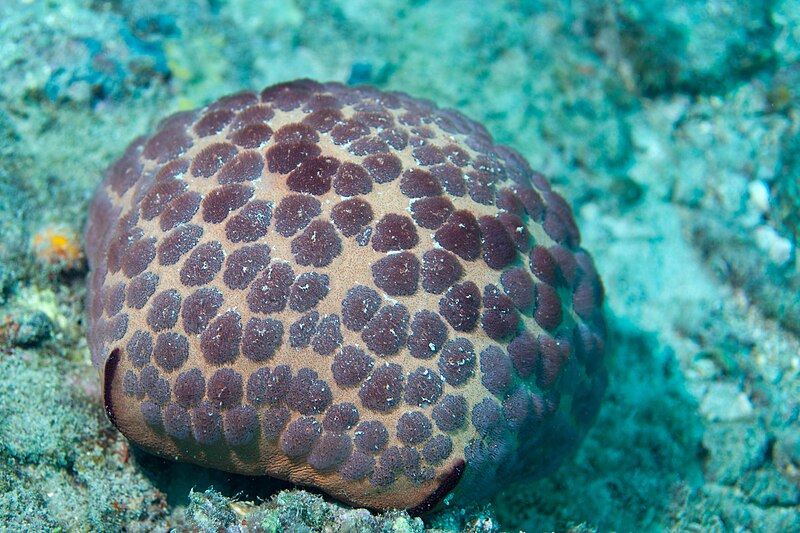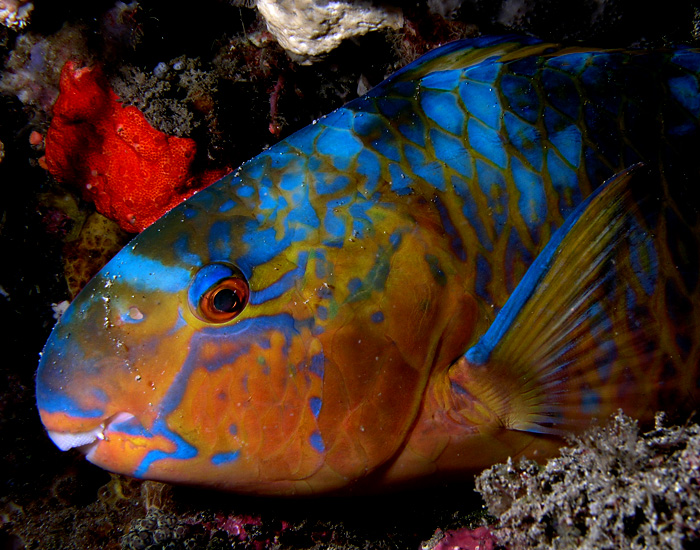 The adaptations developed in the waters of our world are some of the most amazing in existence. From bioluminescence to specialized mouths built to feed on certain foods, the fish and invertebrates living in Earth’s oceans, lakes and streams have some of the most unique traits found anywhere. What is even more interesting is how two life forms that are completely different and unrelated can develop a near identical solution for a problem.
The adaptations developed in the waters of our world are some of the most amazing in existence. From bioluminescence to specialized mouths built to feed on certain foods, the fish and invertebrates living in Earth’s oceans, lakes and streams have some of the most unique traits found anywhere. What is even more interesting is how two life forms that are completely different and unrelated can develop a near identical solution for a problem.
I have always been fascinated by the strange and the odd. From fish that mimic pieces of driftwood like the Chaca chaca to the lobe-finned and air-breathing Polypterus species, I have had the pleasure of keeping many unique fish species. Recently, I received an email from Frank Indiviglio that contained a link to some weird starfish. After reading it, I immediately saw a parallel to another article that I had read a couple of days earlier about a new fish from Lake Tanganyika. Read More »
 That Fish Blog – Aquarium Advice and Information
That Fish Blog – Aquarium Advice and Information

